
Photo: Wesley Bedrosian for Forbes.
According to market research firm IBISWorld, Huy Fong currently has a market capitalization of $1 billion based on an estimated $131 million in revenue recorded in 2020. Accordingly, Mr. Tran (77 years old) became the only hot sauce billionaire in the US thanks to his full control of the company. Unlike competitors who have been acquired in recent years, with McCormick buying the Cholula hot sauce brand in a deal worth $800 million in November 2022, David Tran has no intention of transferring Sriracha. Instead, he plans to transfer the business to his two children, William (47 years old) and Yassie (41 years old). Both William and Yassie are currently working at Huy Fong. On its way to becoming a giant, Sriracha has spent no money on advertising and has not raised its prices since the 1980s. The company has also weathered a lawsuit over the smell of its chili sauce from its factory and, most recently, a shortage of fresh chili peppers this past spring, which forced Huy Fong to temporarily suspend production and drive up retail prices as demand from consumers and restaurants increased. Still, Tran is not complacent about his success. “I want to continue to make good products, like hotter chili sauce, and I don’t think about making more money,” he told Forbes. David Tran was born in 1945 in Soc Trang to a merchant father and a housewife mother who raised him and his eight siblings. He only finished elementary school and moved to Saigon with his older brother at the age of 16 to work for a chemical store. He then returned to Soc Trang to attend high school, then joined the army, spending most of his time serving in the army kitchen. In 1975, he finished his service and, with his brother, grew chili peppers on a plot of land northeast of Ho Chi Minh City. A few months earlier, David Tran married his wife Ada. Later, Tran turned to making chili sauce when he realized that other chili sauces on the market were not spicy enough or lacked flavor. He decided to buy fresh chili peppers and preserve them, applying his knowledge of chemistry to create a chili sauce that retained its spiciness and freshness. “I thought about creating this type of sauce because the price of fresh chili peppers fluctuated a lot. If we could create chili sauce that still kept the freshness at a low cost, we could maintain the selling price when the market price increased, thereby capturing market share,” said David Tran. David Tran, his brother, and father-in-law made chili sauce at home, packaging it in Gerber baby food jars left behind by American soldiers. “I wanted to continue to make good products, like hotter chili sauce, and not think about making more money.” – David Tran In 1978, his family – ethnic Chinese from Guangdong – left Vietnam for Hong Kong. In January 1980, David Tran moved his wife and children to Los Angeles, partly after hearing from his brother-in-law that fresh chili peppers could be found in California. Tran sourced fresh chili peppers from local markets and founded Huy Fong in February 1980, choosing a rooster as the brand’s symbol because he was born in the year of the Rooster. He started selling Sriracha out of a green Chevy van. In 1987, demand grew so much that he moved production to a 22,000-square-foot building in Rosemead, east of Los Angeles County. Nearly 10 years later, he bought an old factory next door that had once produced Wham-O hula hoops. In 2010, Huy Fong moved to its current 60,000-square-foot manufacturing facility in Irwindale, not far from Rosemead. But Huy Fong’s rapid growth has brought new challenges. In 2013, the city of Irwindale filed a lawsuit against Huy Fong for the odor of the Sriracha factory, calling it a “public nuisance.” The incident sparked a heated debate among politicians in other states, including Texas Governor Ted Cruz, who wanted David Tran and Huy Fong to move production out of California. Tran, who rarely makes media appearances, responded by opening the factory to the public. “One of the most interesting things about David Tran is that he’s reluctant to tell his story,” says Griffin Hammond, a filmmaker who produced a 2013 documentary about Sriracha. “All he cares about is running a good business.” In May 2014, the city dropped its lawsuit against Sriracha. Sriracha’s success led to counterfeit products, with designs that mimicked the rooster logo. “We sent cease-and-desist letters and filed lawsuits,” says Rod Berman, a principal at Jeffer Mangels Butler & Mitchell in Los Angeles, which represents Huy Fong on intellectual property issues. “David Tran realized that Huy Fong was making a unique, irreplaceable hot sauce, which was their best defense.” Huy Fong faced another challenge. In 2017, the company’s partnership with Underwood Ranches, its exclusive chili supplier since 1988, fell apart and the two sides became embroiled in a legal battle. In August 2017, Huy Fong filed a lawsuit against Underwood Ranches, alleging that the company had failed to return an overpayment of $1.4 million from the previous harvest.
David Tran at Huy Fong's factory in Irwindale, California, 2014. Photo: David McNew/Getty Images.
Underwood Ranches countersued, claiming that Huy Fong breached the contract and created a new entity in 2016 to buy chiles from other growers. The trial dragged on until 2021, when a California appeals court awarded Underwood Ranches $23 million in damages. Even with the growing number of chile growers in California, New Mexico, and Mexico, Huy Fong, which reportedly consumes 50,000 tons of chiles a year, still relies on the spring crop for its hot sauce. That hit a snag in the spring of 2022, when unfavorable weather conditions led to a poor harvest and a severe shortage of chiles, forcing Huy Fong to temporarily halt production. But the snag appears to have passed, and Huy Fong is back to its production level of 180,000 bottles of Sriracha an hour. The company also introduced two new sauces, including sambal oelek, which uses only chili, salt, and vinegar from an Indonesian recipe, and chili garlic sauce, which uses the same recipe but adds garlic. Since launching in 1980, David Tran has used the same ingredients in his Sriracha sauce: chili, sugar, salt, garlic, and vinegar. It’s a formula that has helped Huy Fong grow from a small startup to a billion-dollar business in more than four decades. “I could have used cheaper ingredients or promoted the product to make more profit, but my goal has always been to try to make a high-quality chili sauce at a reasonable price,” Tran said.







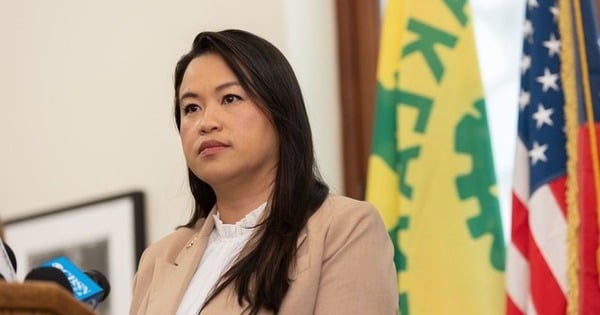


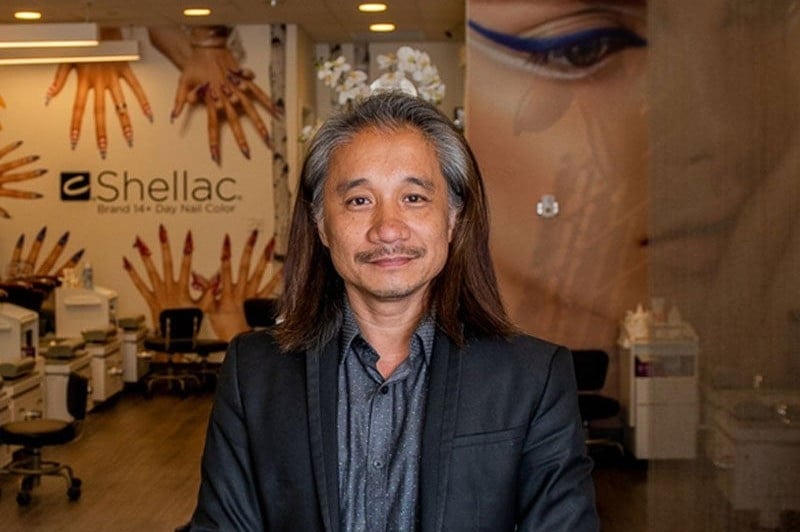

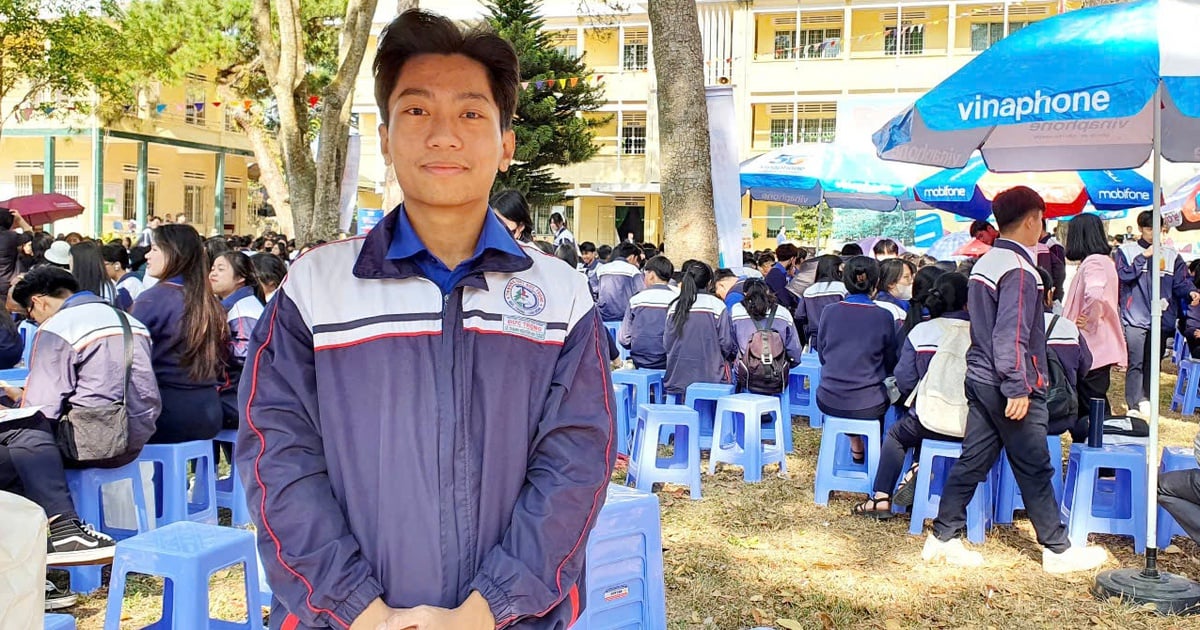
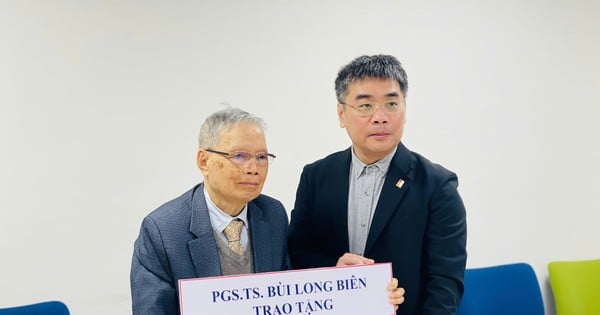
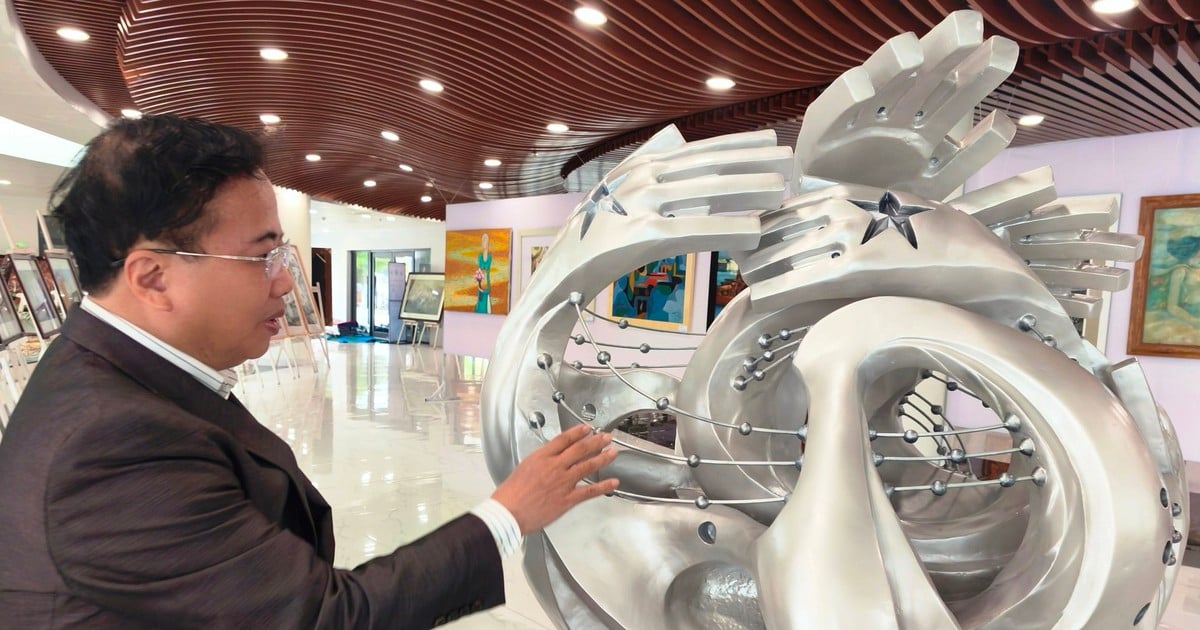
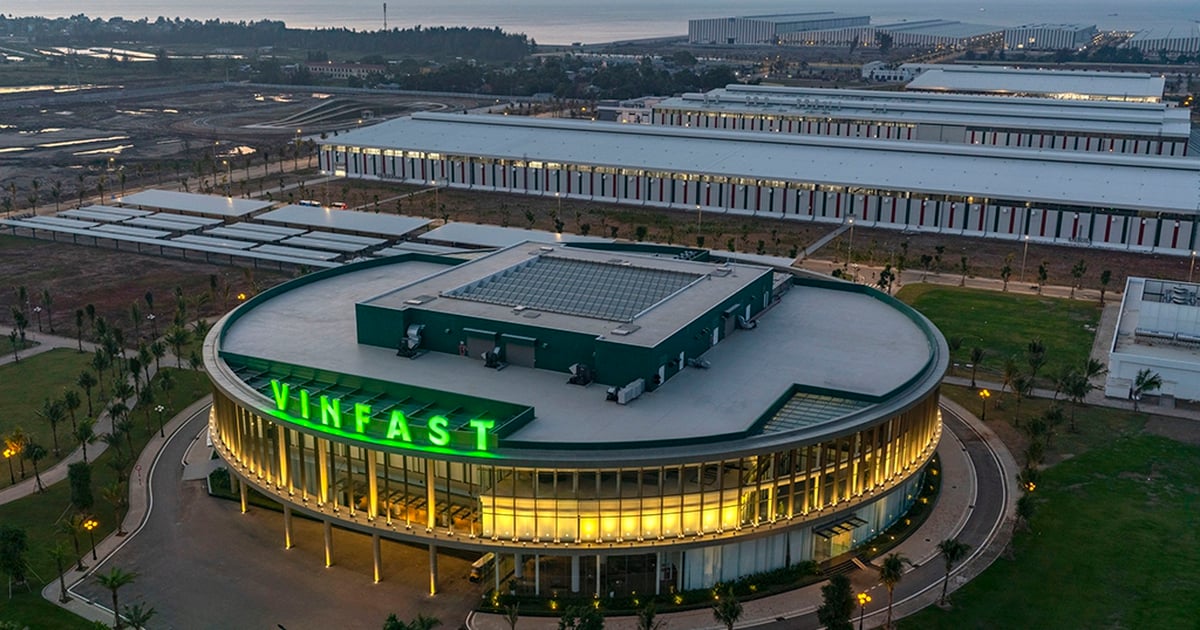






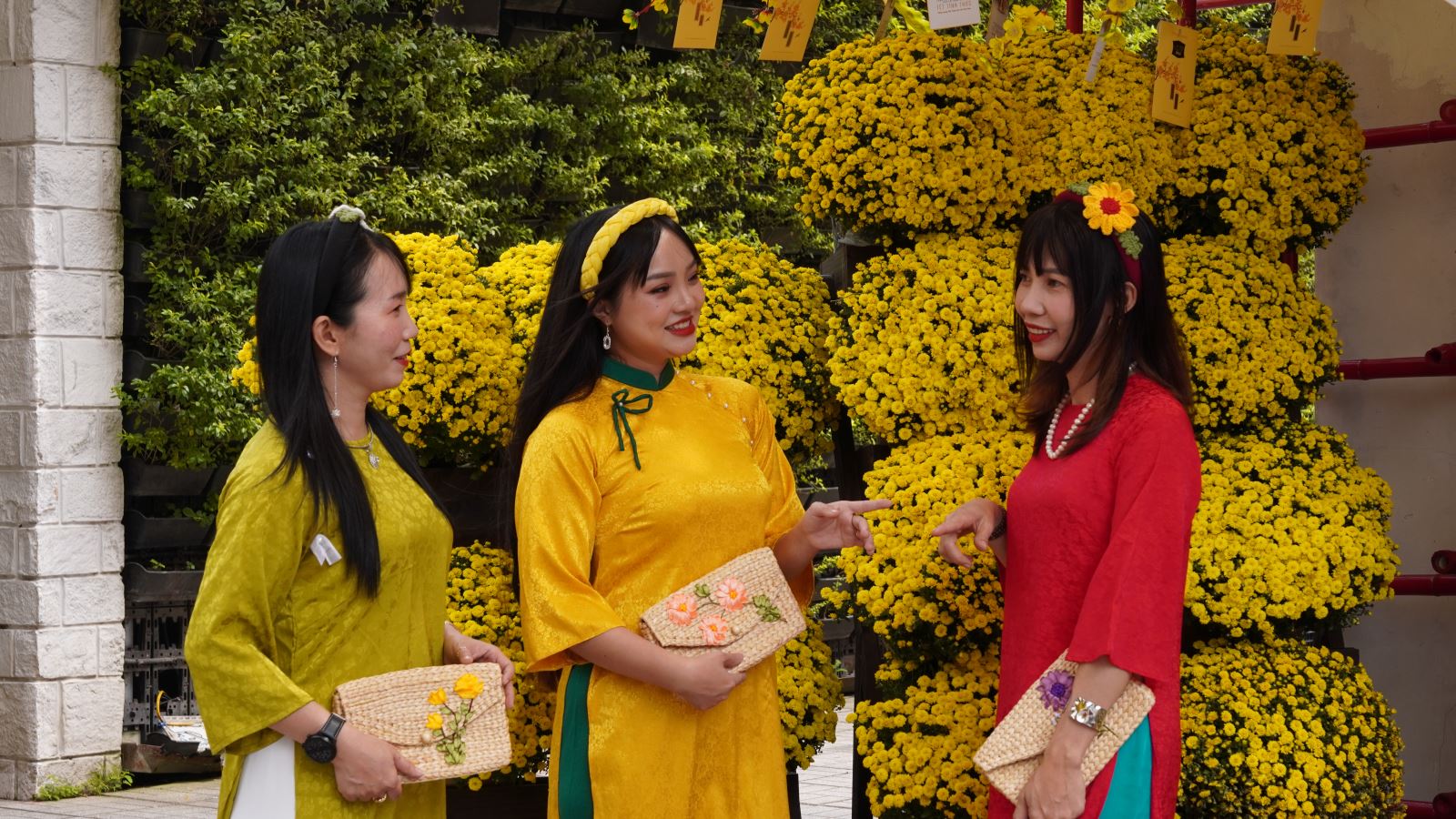

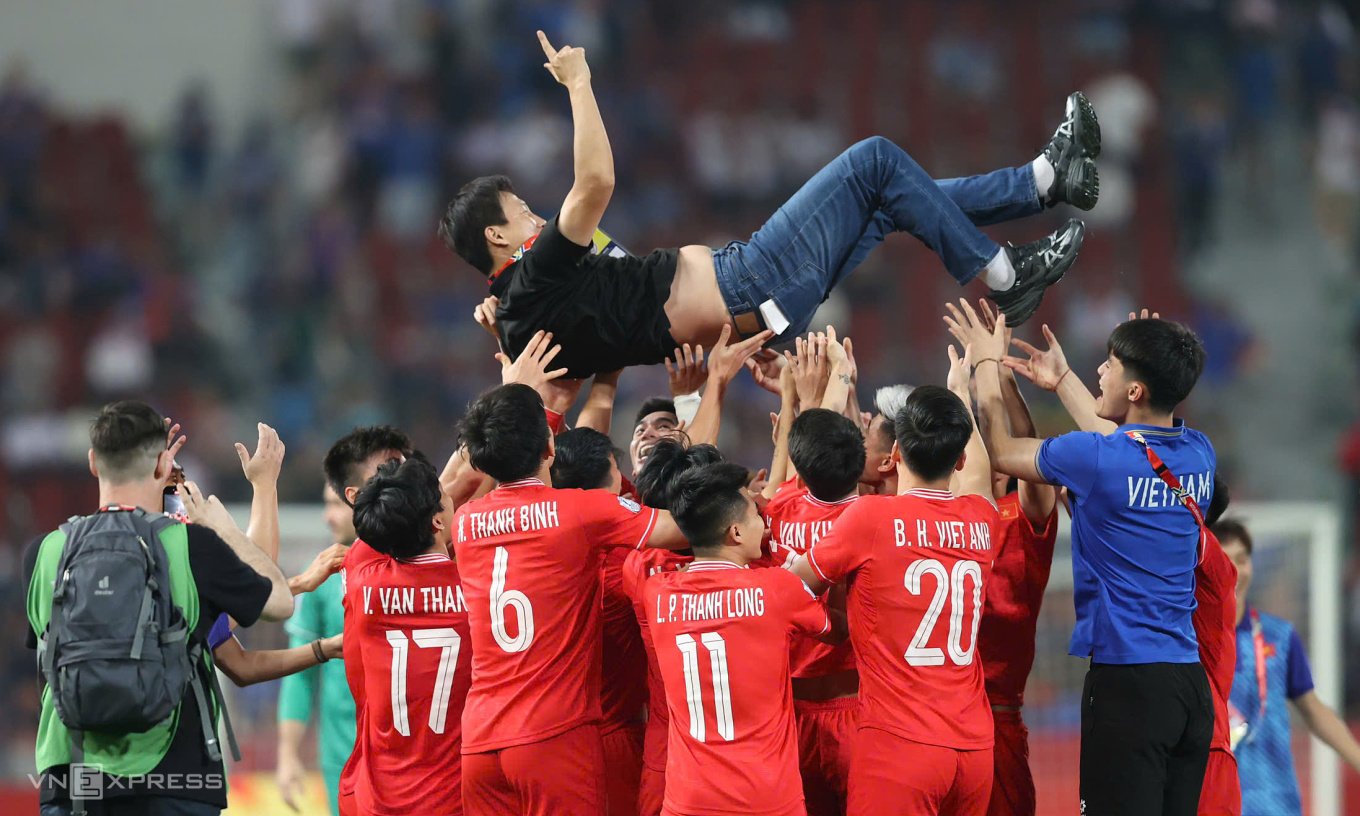
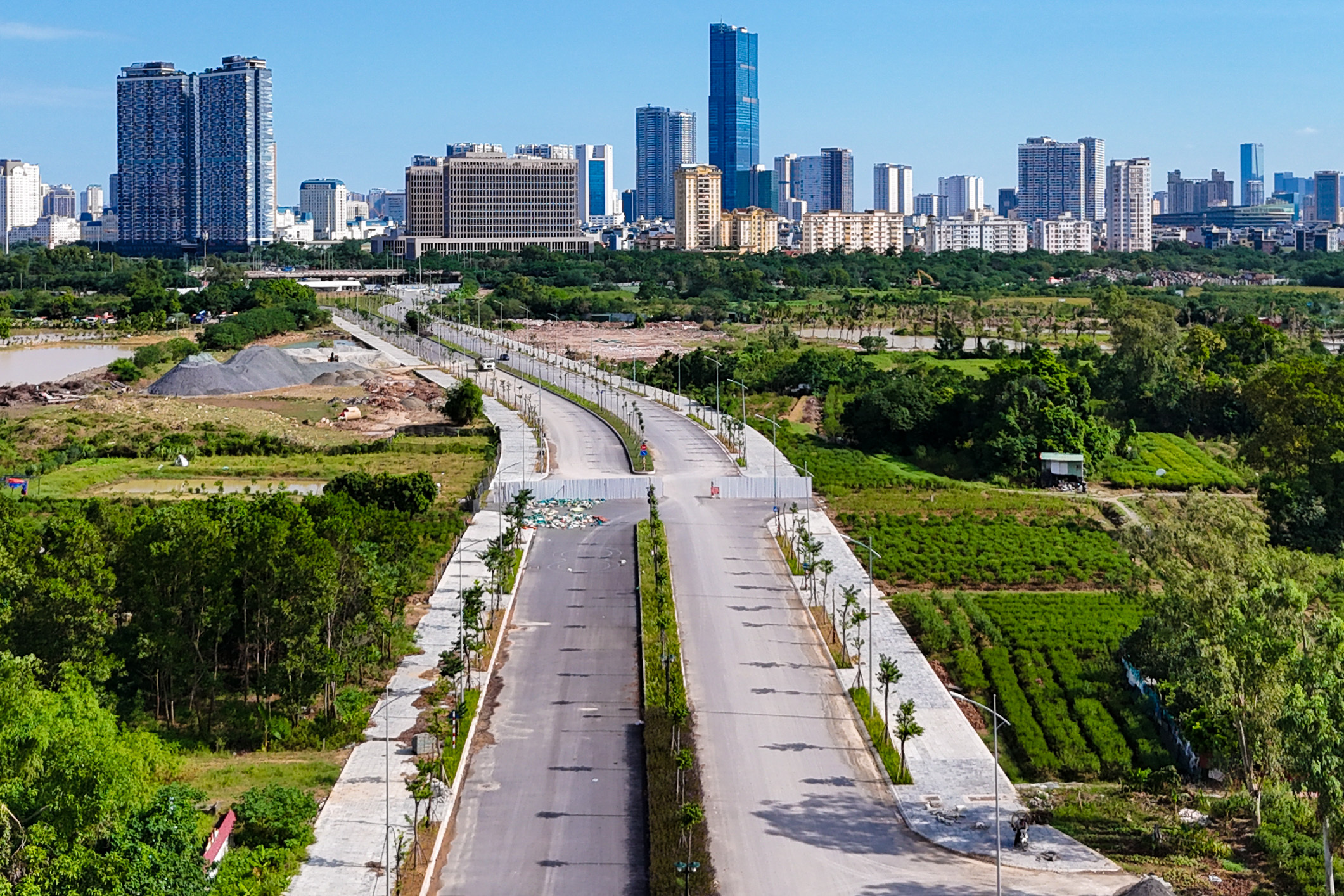
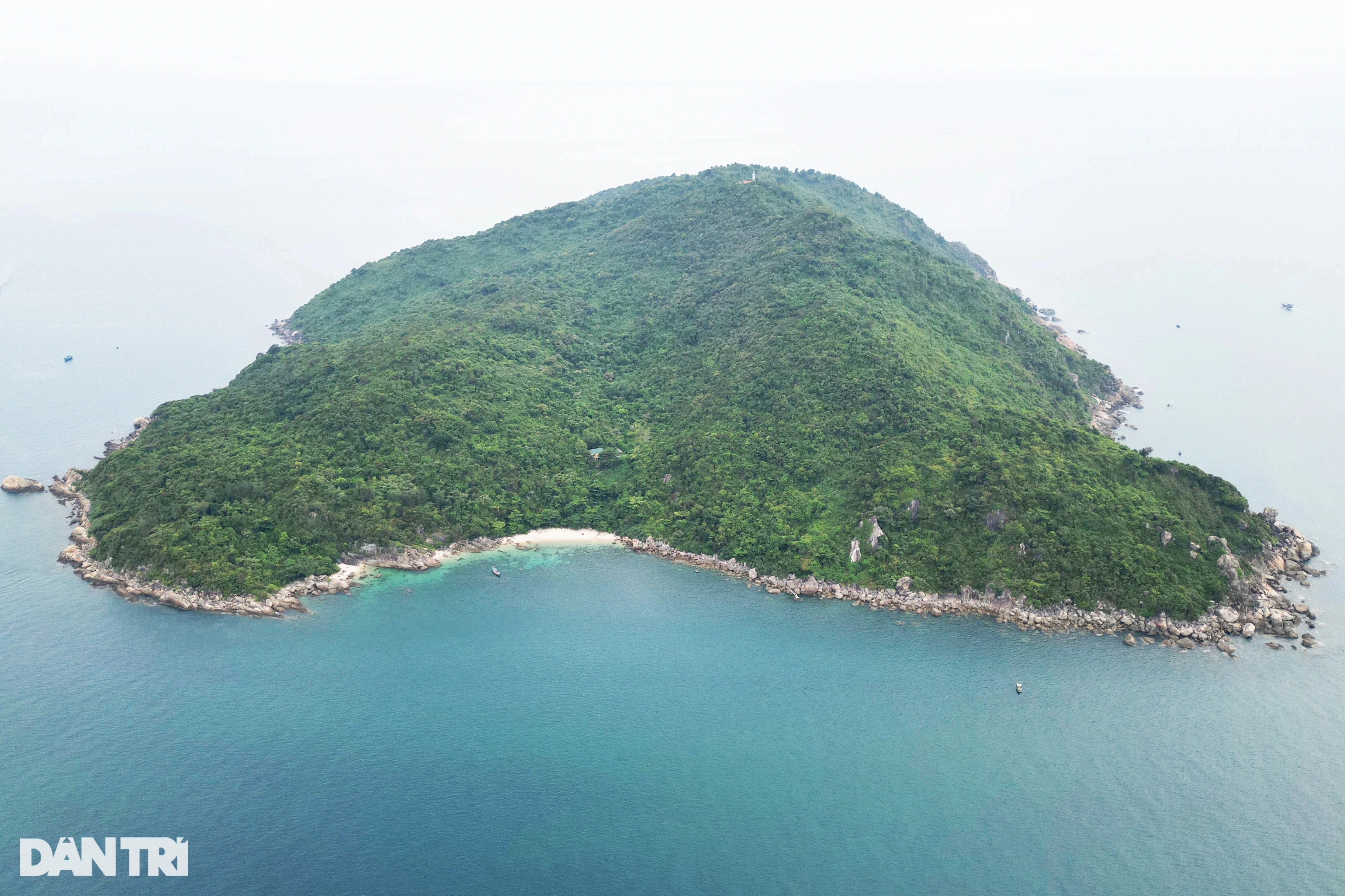
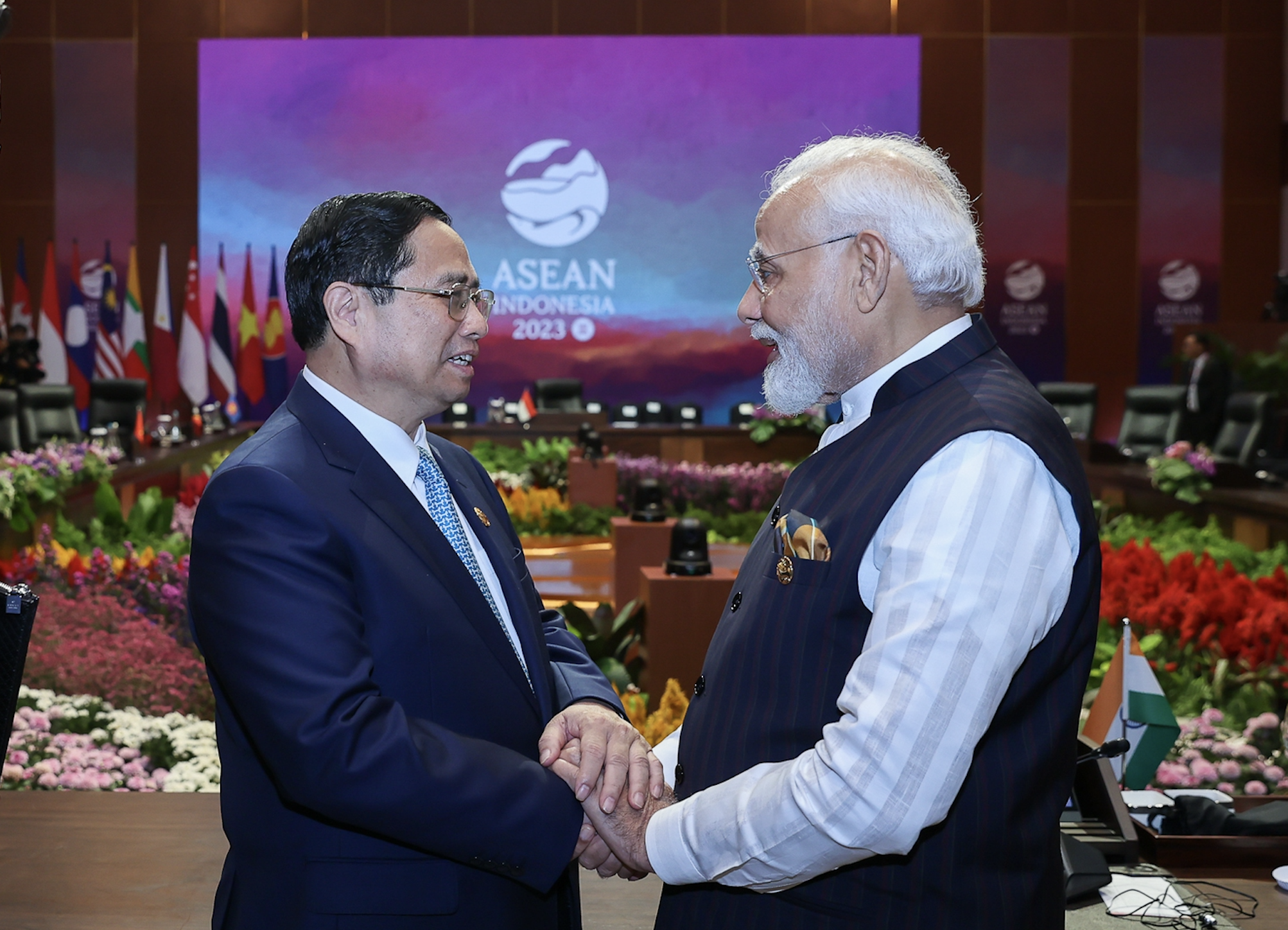
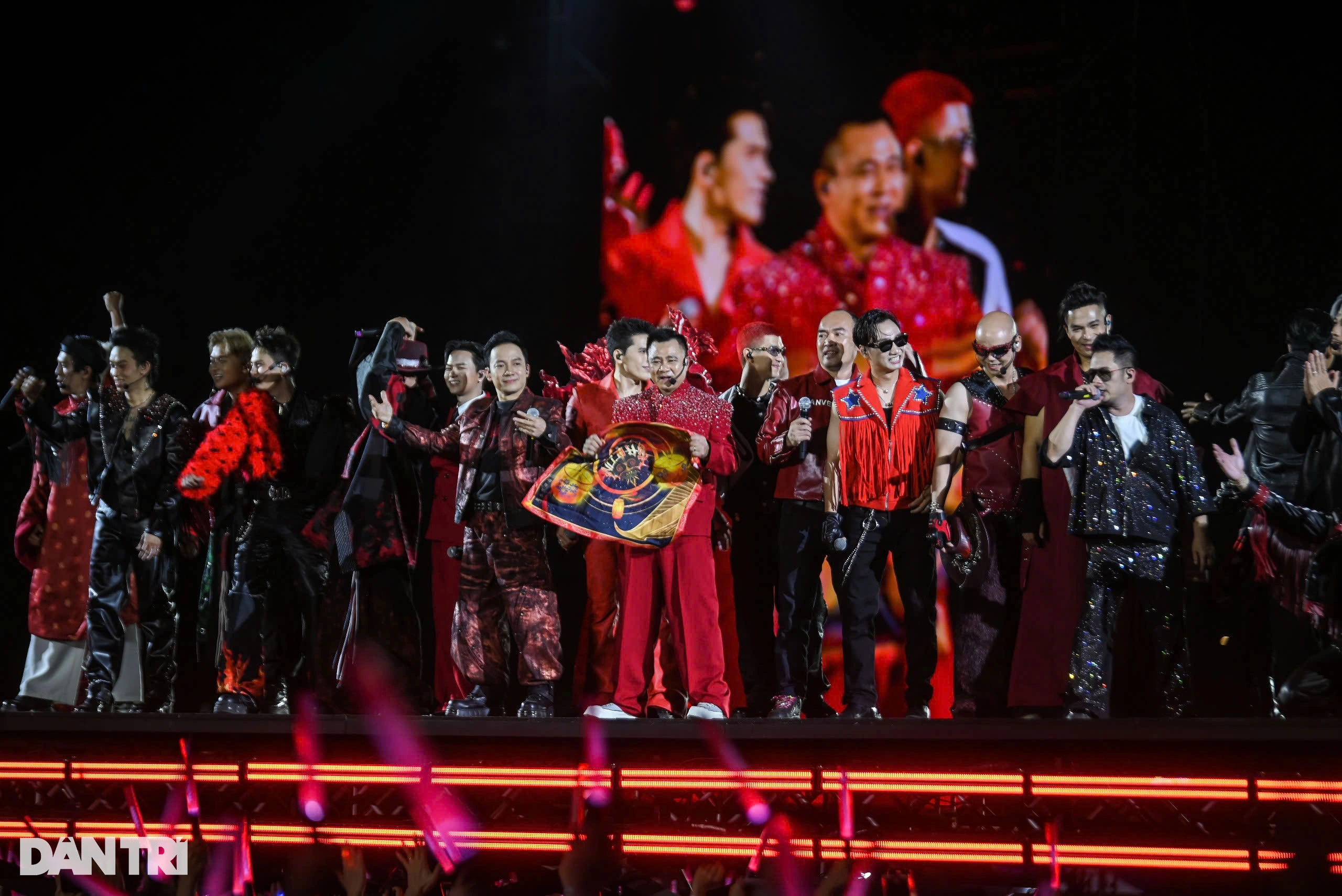

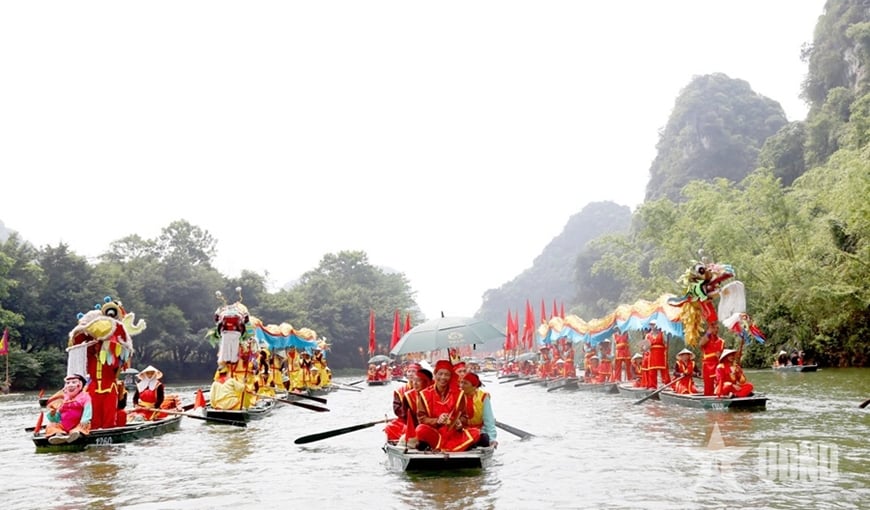

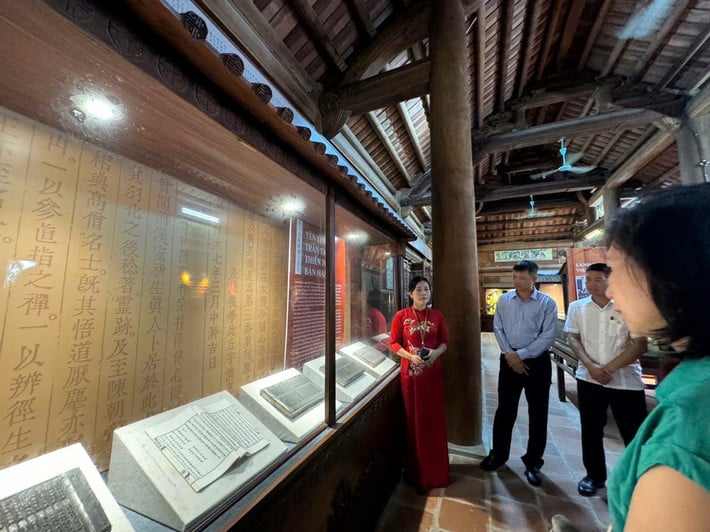

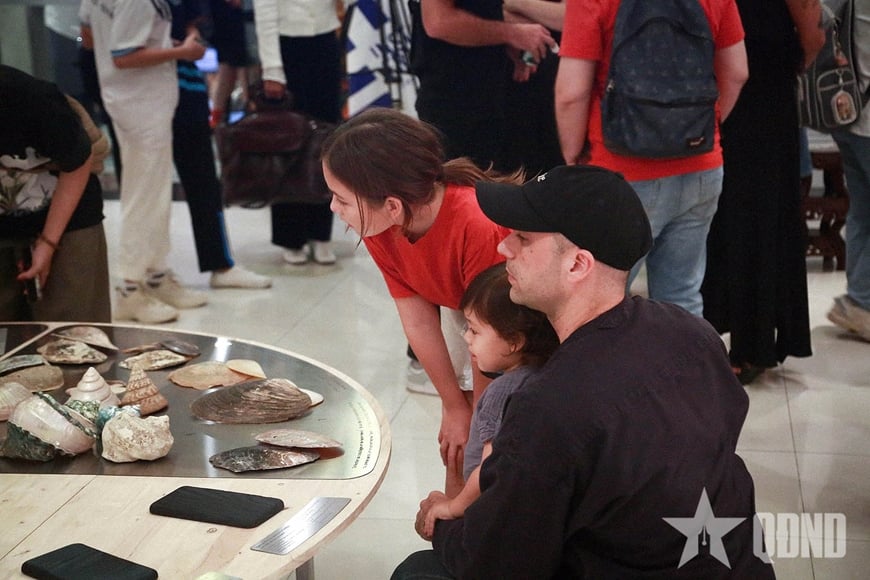
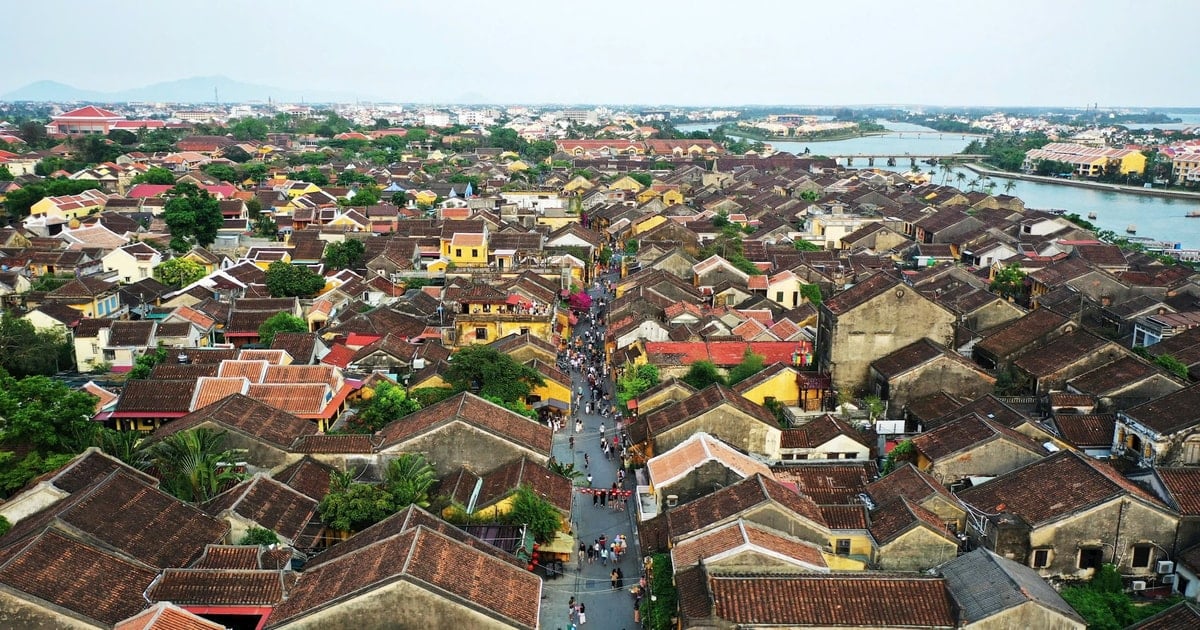

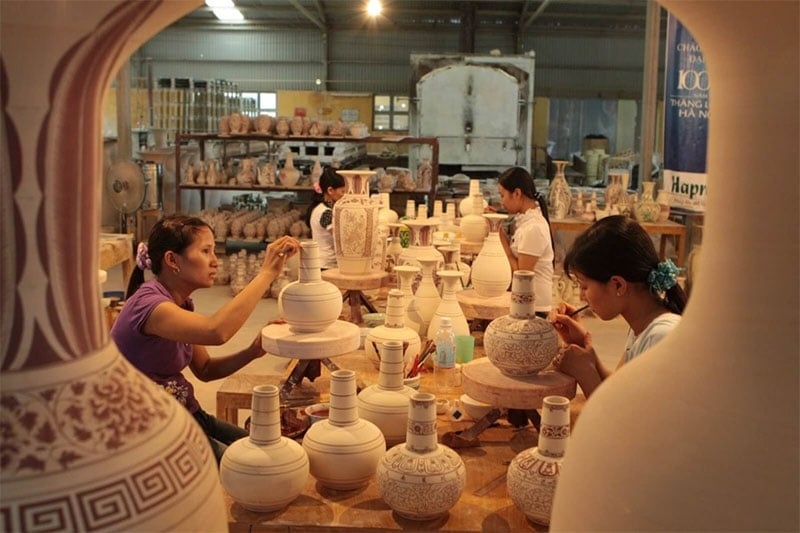









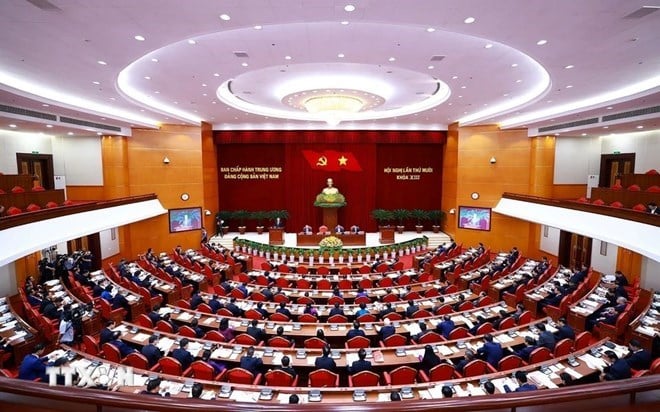

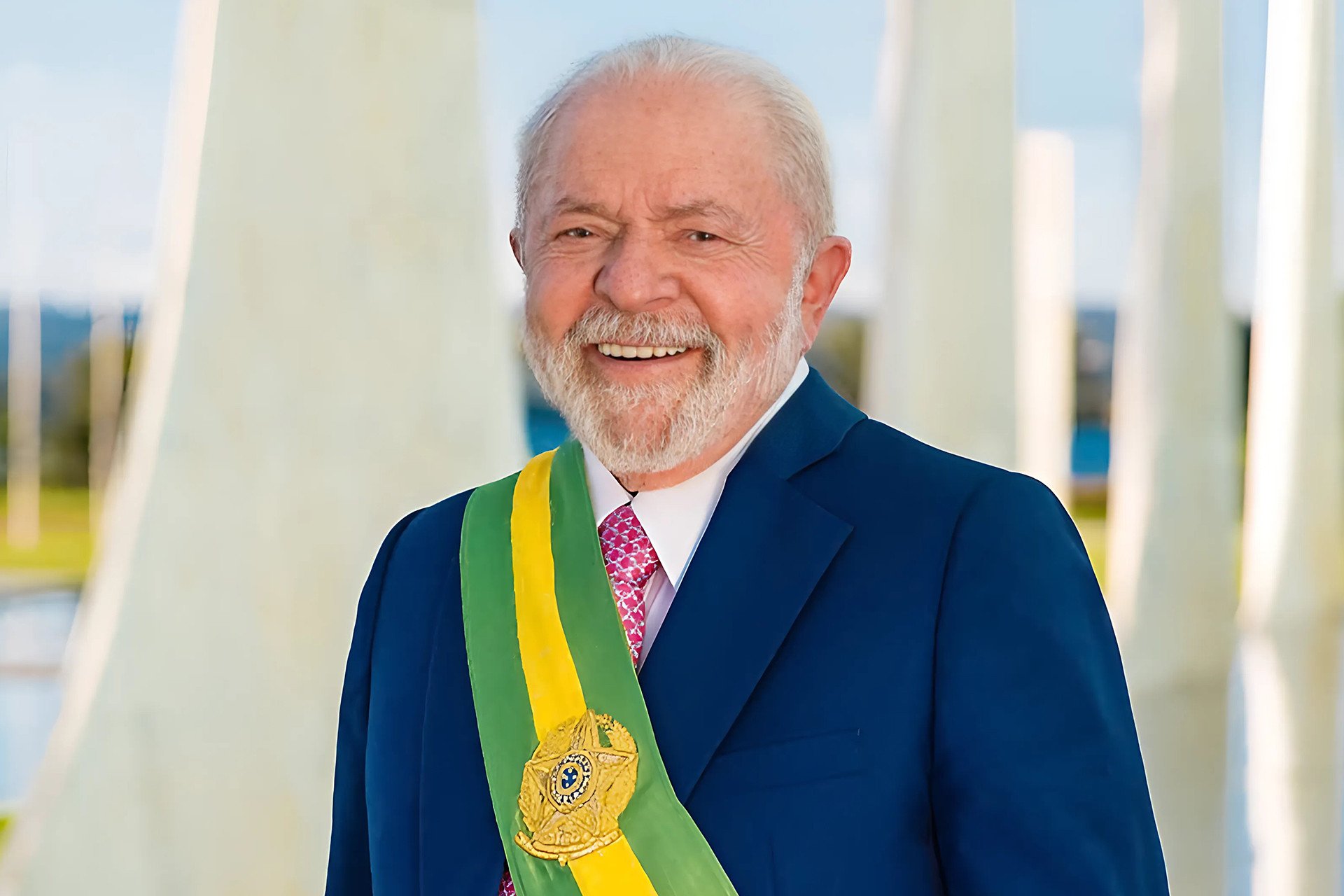
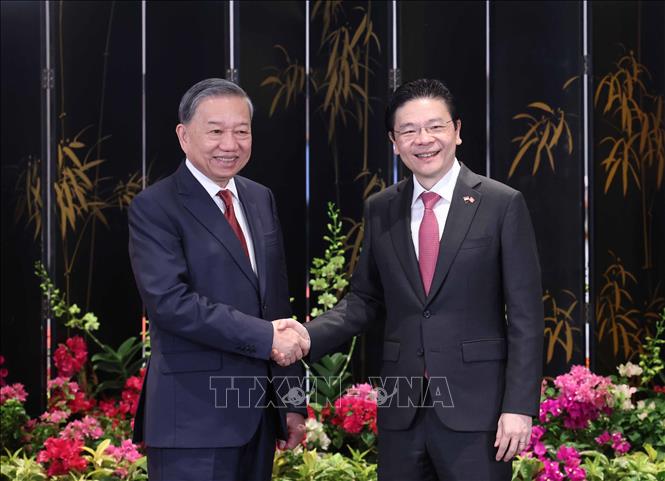



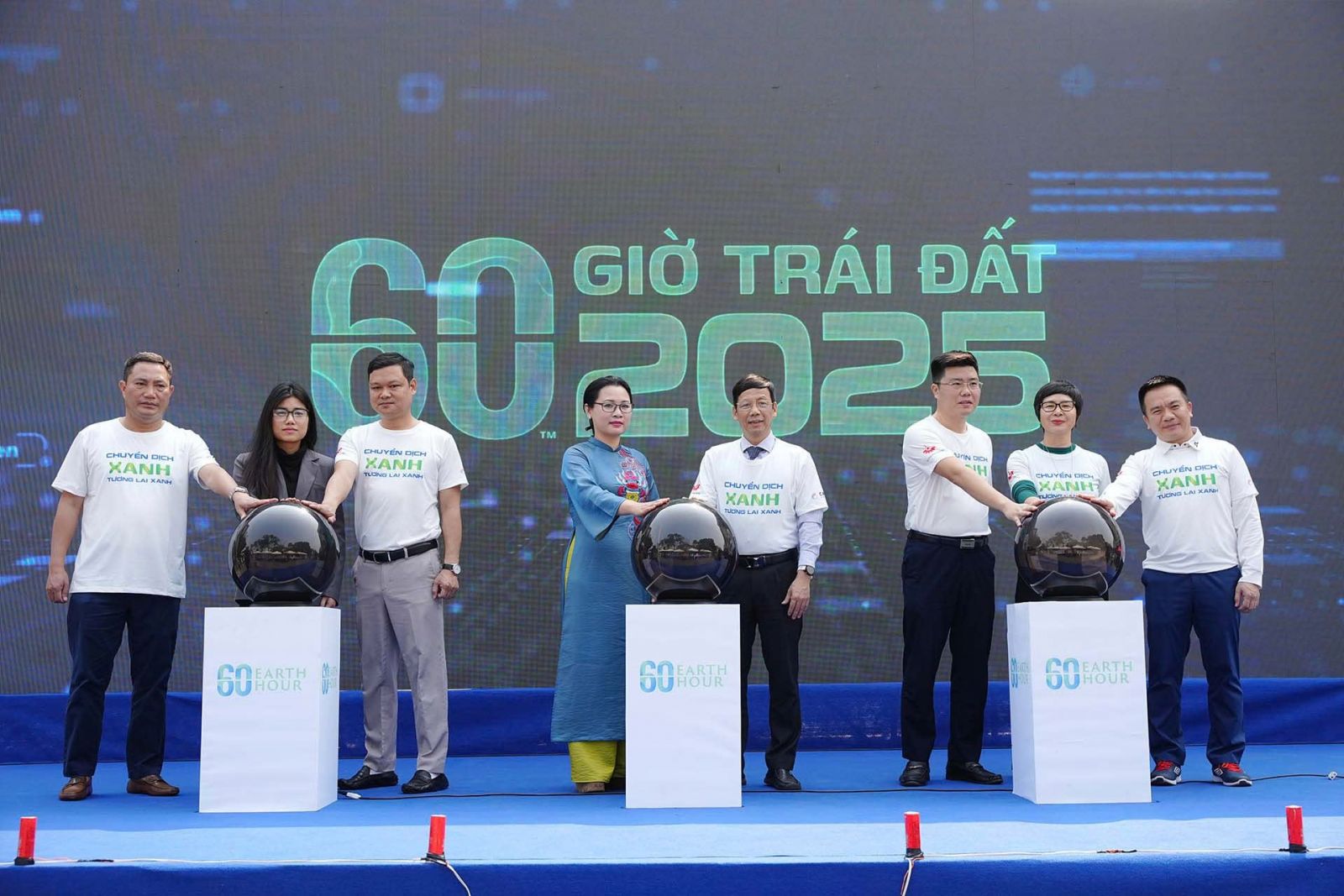

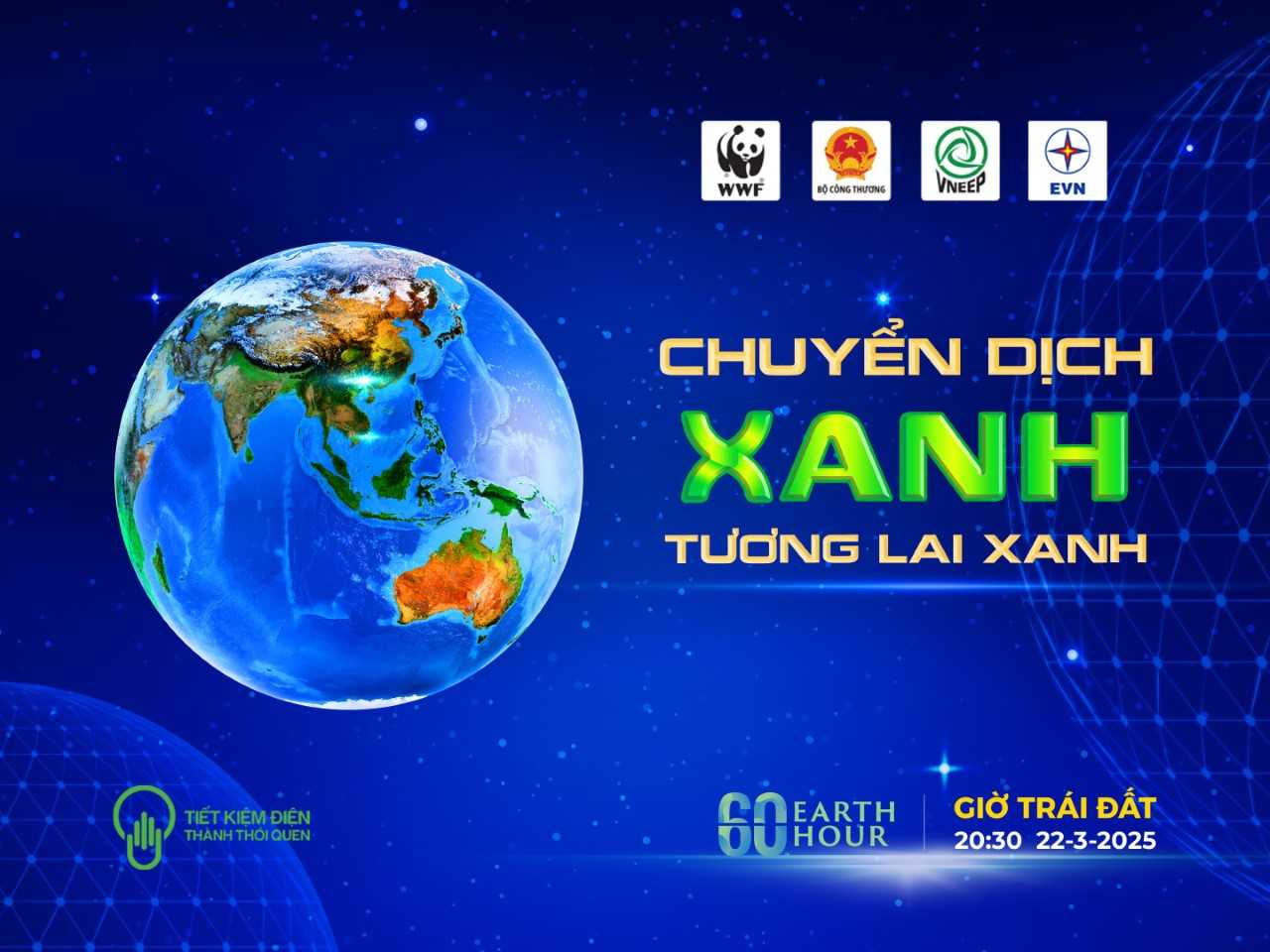
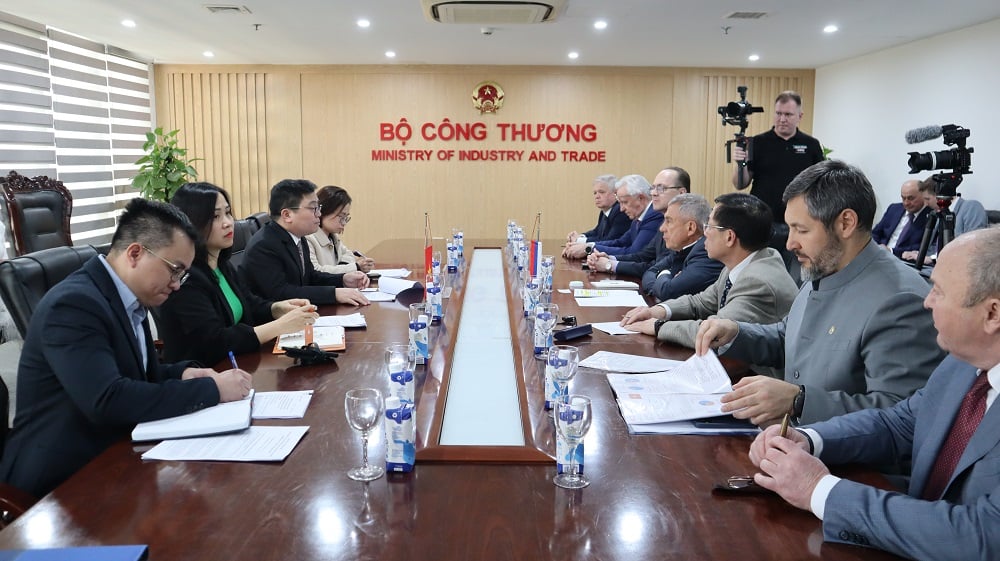

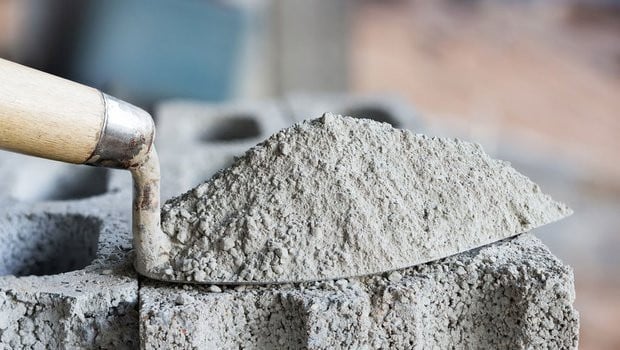
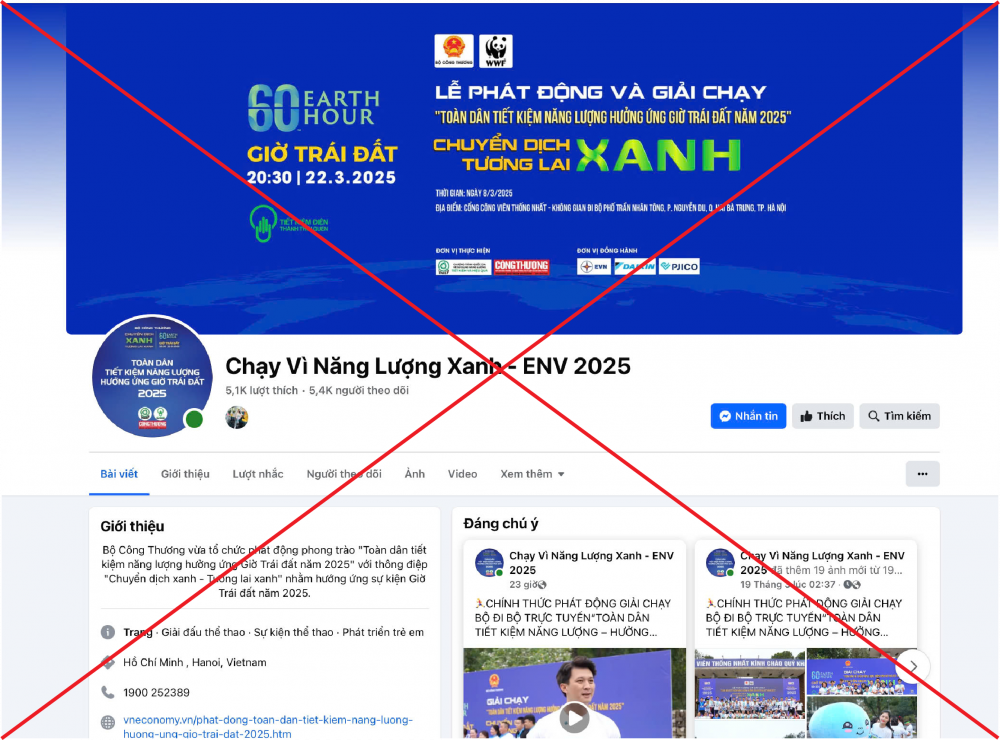
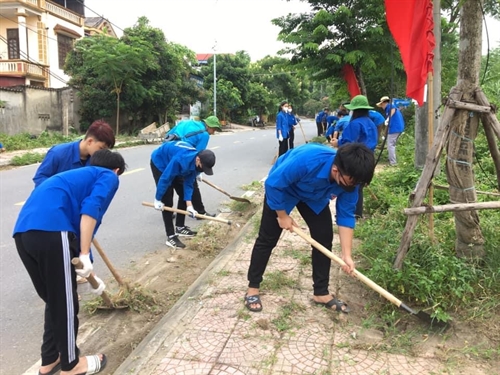

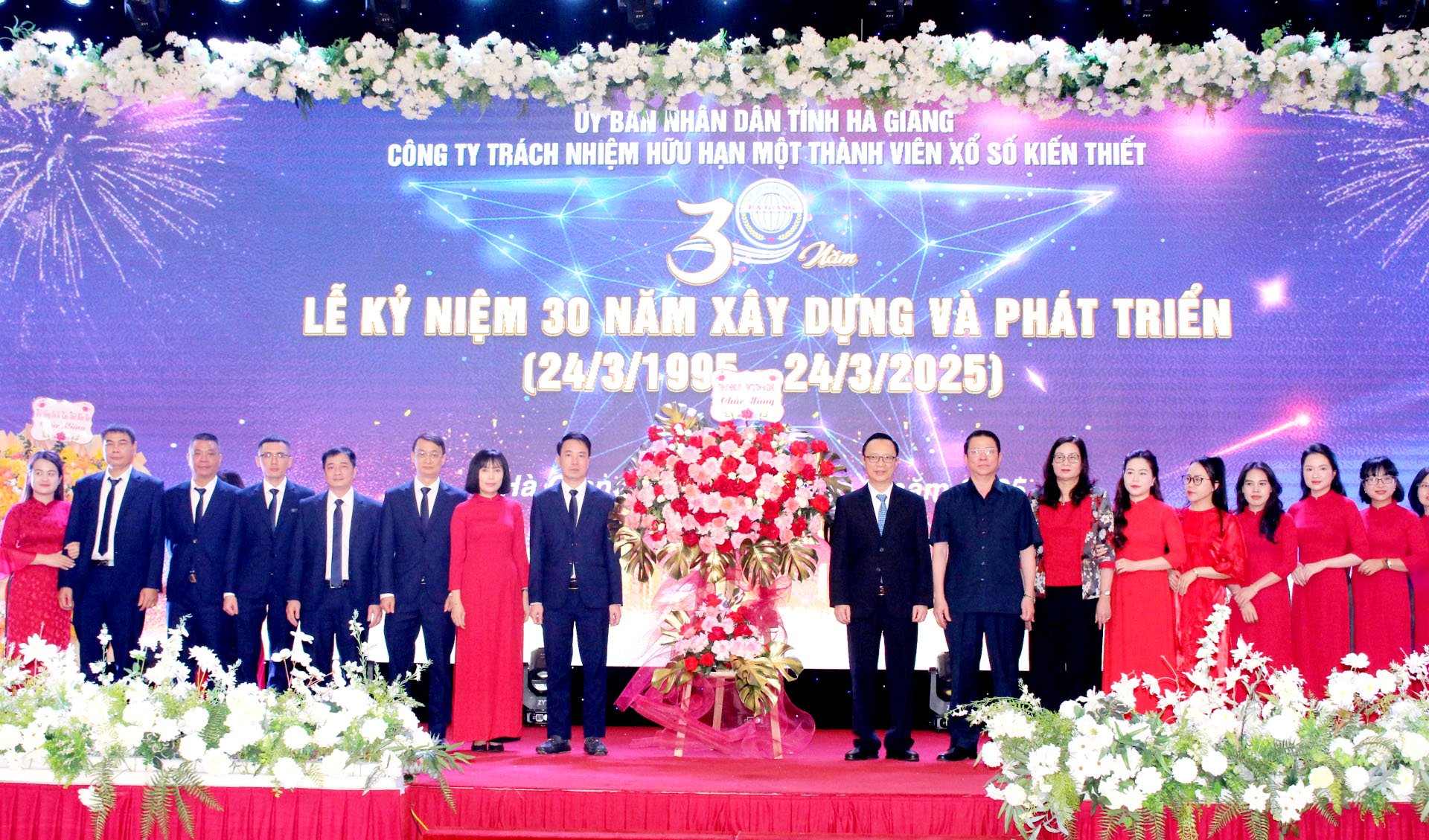
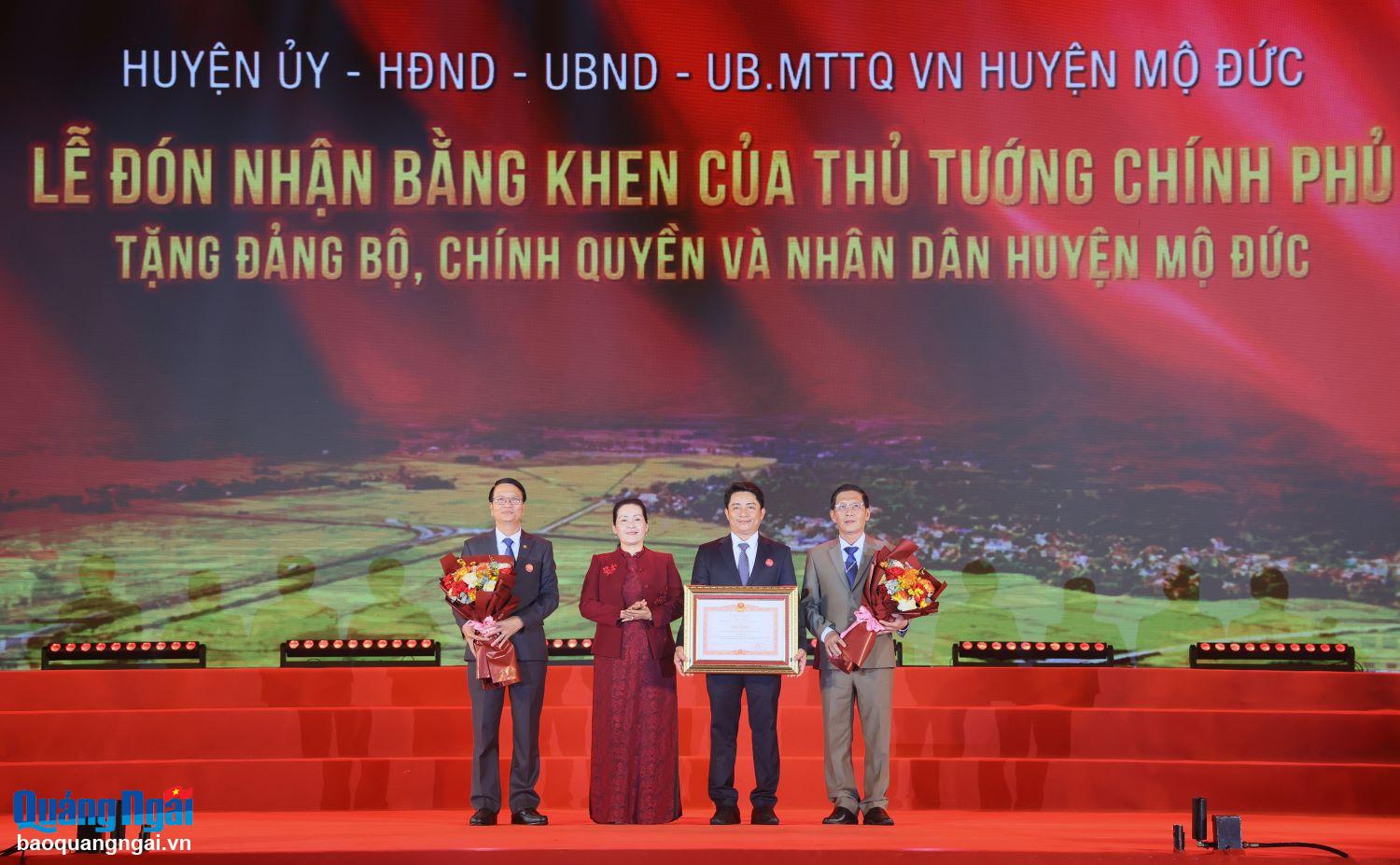

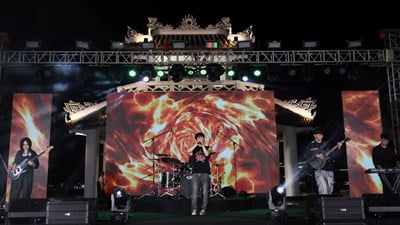


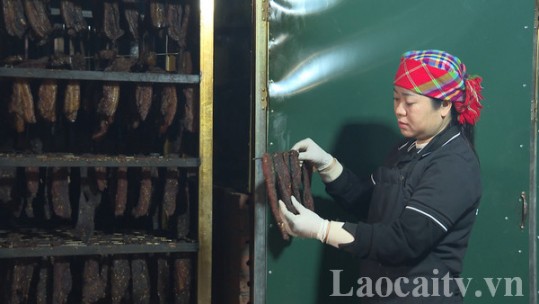
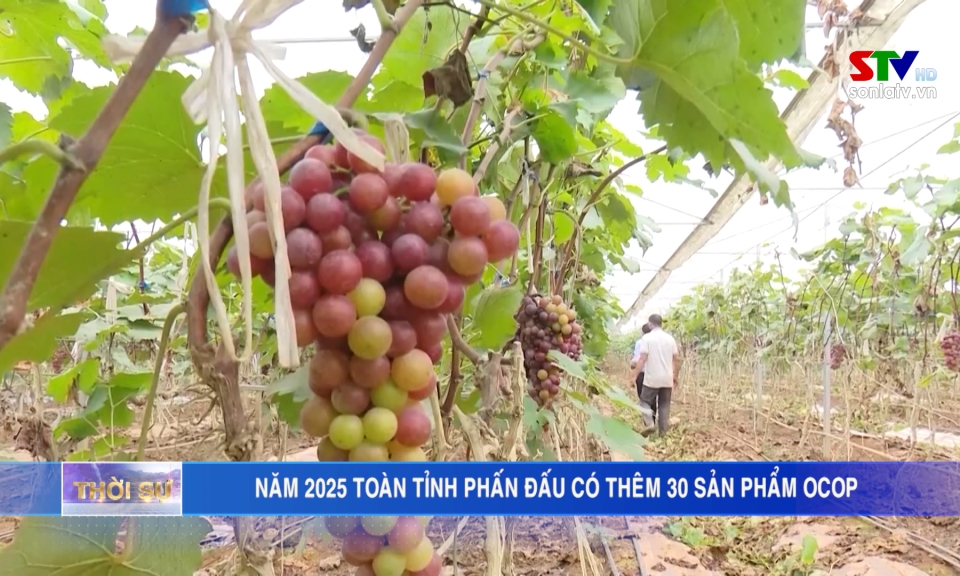
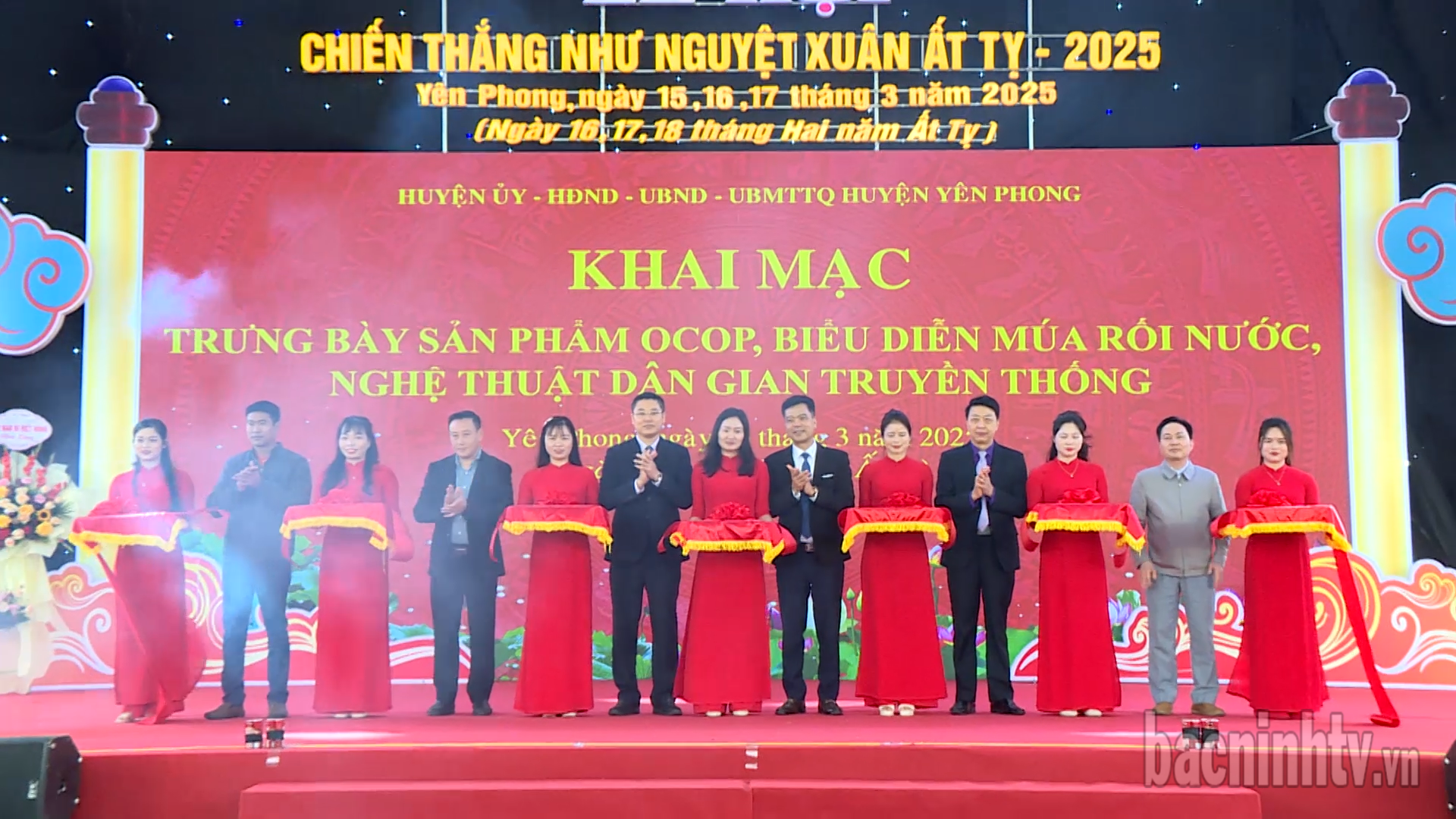
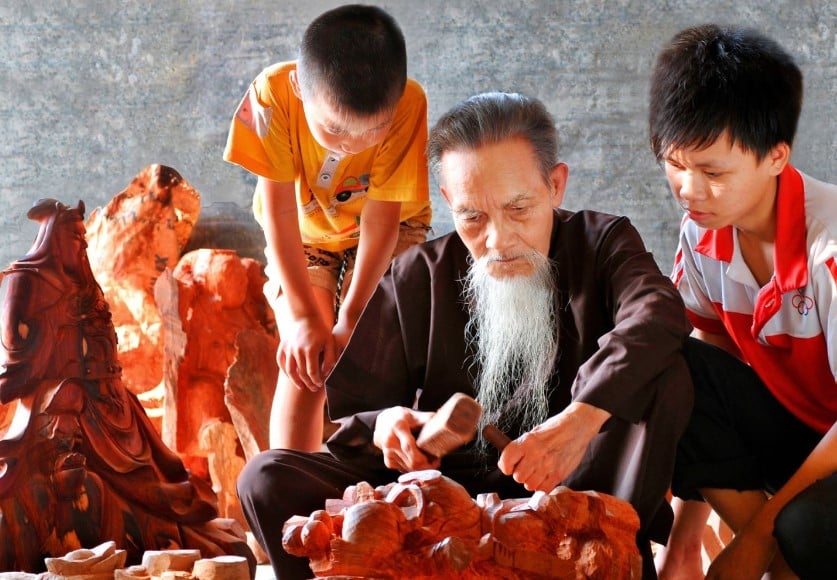
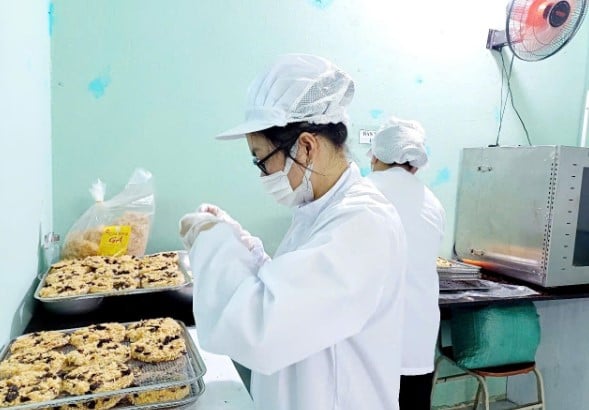

Comment (0)